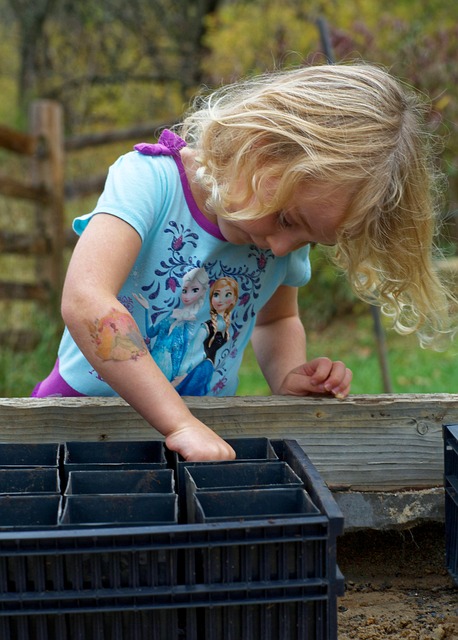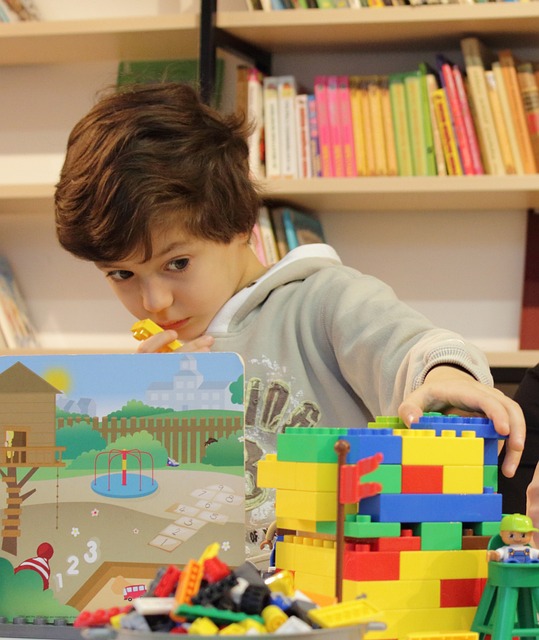
Early childhood represents a critical phase of growth, during which a child’s cognitive, emotional, and social foundations are built. During these years, children are highly responsive to their environment and experiences, making early interventions and high-quality education pivotal in ensuring positive long-term development. Early interventions—whether in the form of healthcare, social services, or educational programs—combined with a focus on high-quality early childhood education (ECE), can significantly shape a child’s life trajectory.
The Power of Early Interventions:
Early interventions involve identifying and addressing developmental challenges as soon as possible, providing tailored support that can prevent future issues from worsening. These interventions can take various forms, such as early childhood health screenings, speech therapy, occupational therapy, or behavioral support.
Why Are Early Interventions Important? When developmental delays or behavioral challenges are identified early, professionals can implement specialized care strategies that help children overcome obstacles. This reduces the risk of long-term impacts on cognitive development, mental health, and social skills. Studies show that children who receive early intervention services are more likely to succeed academically and socially later in life. For instance, children with developmental delays who receive speech or occupational therapy early on often show marked improvements in language, motor skills, and emotional regulation.
Long-Term Benefits of Early Interventions:
- Improved Academic Outcomes: Children who benefit from early interventions are more likely to meet developmental milestones and are better equipped to succeed in formal education.
- Reduced Behavioral Problems: Addressing behavioral or emotional concerns early can prevent these issues from escalating into more serious challenges.
- Stronger Social Skills: Early interventions often include a focus on social and emotional development, which can improve a child’s ability to interact with peers and adults in positive ways.
The Importance of Quality Early Childhood Education:

Quality early childhood education is more than just preparation for school—it is about fostering a child’s overall development in a safe and nurturing environment. Early education programs aim to provide children with the skills they need to succeed, including literacy, numeracy, problem-solving, and emotional intelligence.
Key Components of Quality Early Childhood Education:
- Child-Centered Learning: A high-quality ECE program prioritizes the needs and interests of the child, encouraging curiosity and exploration.
- Trained Educators: Skilled teachers who understand child development can provide the appropriate guidance, support, and instruction that children need during these formative years.
- Inclusive Environment: Inclusive education that caters to children from diverse backgrounds and abilities ensures that every child receives the support they need to thrive.
How Early Childhood Education Supports Development: Research demonstrates that children who attend high-quality ECE programs are more likely to have better language skills, higher IQ scores, and stronger social abilities by the time they reach primary school. These programs often emphasize play-based learning, which fosters creativity and problem-solving skills. Play is not just a leisure activity; it helps children develop essential skills, such as collaboration, negotiation, and self-regulation.
Additionally, quality early education also has long-term societal benefits. Children who participate in these programs are less likely to drop out of school, become involved in criminal activities, or face unemployment as adults. The early foundations established in a quality learning environment translate into greater success and well-being throughout life.

Combining Early Interventions and Education for Optimal Development:
The most effective approach to ensuring a child’s optimal development is to combine early interventions with quality early childhood education. By working together, families, educators, and healthcare providers can create a comprehensive support network for children. This holistic approach ensures that children not only overcome challenges but also have access to enriching experiences that foster their growth.
For example, a child with speech delays who receives both speech therapy and attends a language-rich early education program is likely to make faster progress than a child who only receives one form of support. The synergy between intervention and education can amplify developmental gains, providing children with the best possible start in life.
Conclusion:
Early interventions and high-quality early childhood education are essential tools for promoting the healthy development of children. Together, they form a safety net that ensures children have the support, guidance, and resources they need to flourish. As research continues to highlight the importance of these early years, it becomes increasingly clear that investing in early childhood programs yields lasting benefits not only for children but for society as a whole. By prioritizing early interventions and fostering accessible, quality education, we can set children on a path toward lifelong success.












